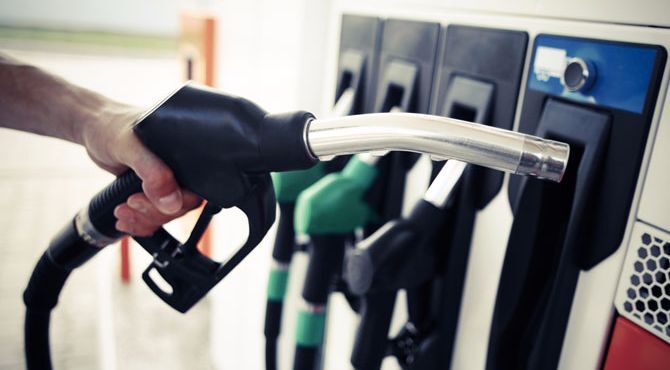UK joins France in announcing petrol/diesel car ban
The UK government has announced that within 23 years the production of diesel and petrol cars will be banned in the UK, this follows a recent announcement of a major investment in battery power.

The UK has recently announced investment in battery power
It also came in the wake of an announcement by Business Secretary Greg Clark that the government was to make a major investment aimed at putting the UK at the global forefront of battery technology.Environment Secretary Michael Gove said the petrol and diesel ban would be part of a £3 billion programme to improve air quality, including a £255 million fund to help councils tackle emissions from existing diesel vehicles.Mr Gove told BBC Radio 4’s Today programme, “We can’t carry on with diesel and petrol cars, not just because of the health problems that they cause, but also because the emissions that they cause would mean that we would accelerate climate change, do damage to our planet and to the next generation.“The Conservatives had a manifesto promise to ensure by 2050 there would be no diesel or petrol vehicles on our roads. Today we’re confirming that should mean no new diesel or petrol vehicles by 2040, and critically President Macron in France has a similar aspiration, and Norway wants to reach that goal by 2025 so we are, quite rightly, in a position of global leadership in shaping the new technology.”Related stories:
- Government invests to make UK leader in battery technology
- UK ups renewables profile as US slips from top spot
- London remains Europe’s favourite city for tech investment
Mr Gove confirmed that new measures to tackle pollution could result in diesel cars being banned from certain roads, but he said he did not favour charging diesel drivers in highly polluted inner-city areas, as proposed by London Mayor Sadiq Khan.“I don’t believe that it is necessary to bring in charging but we will work with local authorities in order to determine what the best approach is,” he said.“If a local authority believes that charging is necessary in order to secure compliance then we’ll work to ensure that plan be implemented appropriately, but on the evidence I’ve seen while charging could bring local authorities in to compliance with the law, it’s not necessary.”
Questions have arisen whether 2040 is ambitious enough
Although environmentalists welcomed the thrust of the government policy, Greenpeace UK’s clean air campaigner Areeba Hamid said 2040 was “far too late” for a ban. She pointed to the fact that car manufacturers such as Volvo were moving away from petrol and diesel this decade, and said countries including Germany, India, the Netherlands and Norway were all looking at bans by 2030 or sooner.“The UK has the potential to lead the world in clean transport revolution, but it is vital we stay ahead now through a more ambitious phase-out date to boost our domestic market, as other countries are catching up,” she said.Meanwhile, BMW’s decision to build a fully electric version of the Mini at its plant at Cowley, near Oxford, was welcomed by Mr Clark. “This landmark decision is a vote of confidence in the determination of our Industrial Strategy to make Britain the go-to place in the world for the next generation of vehicles,” he said.“BMW’s decision recognises the strength of the excellent workforce, our record of innovation and the productive relationship between the automotive sector and the government.”BMW, which will produce the electric drive-train for the new Mini in Germany, said it expected electric models to account for between 15-25 per cent of sales by 2025 and that electrification had become a central pillar of the group’s corporate strategy.Mike Hawes, chief executive of the Society of Motor Manufacturers and Traders, said, “This latest investment is welcome news for the UK automotive sector, confirming Britain as a leader in the electric vehicle market.“Alternatively-fuelled vehicle registrations have experienced significant growth in recent times, up 27.5 per cent this year alone, but consumer adoption is still at a relatively low level.“As part of a broad industrial strategy, government must create the conditions for this technology to flourish, including infrastructure and long-term incentives for this new generation of vehicles is to be the car of choice of more motorists.”For related news and features, visit our Enterprise section.Access hundreds of global services and suppliers in our Online Directory

Get access to our free Global Mobility Toolkit

©2026 Re:locate magazine, published by Profile Locations, Spray Hill, Hastings Road, Lamberhurst, Kent TN3 8JB. All rights reserved. This publication (or any part thereof) may not be reproduced in any form without the prior written permission of Profile Locations. Profile Locations accepts no liability for the accuracy of the contents or any opinions expressed herein.






























